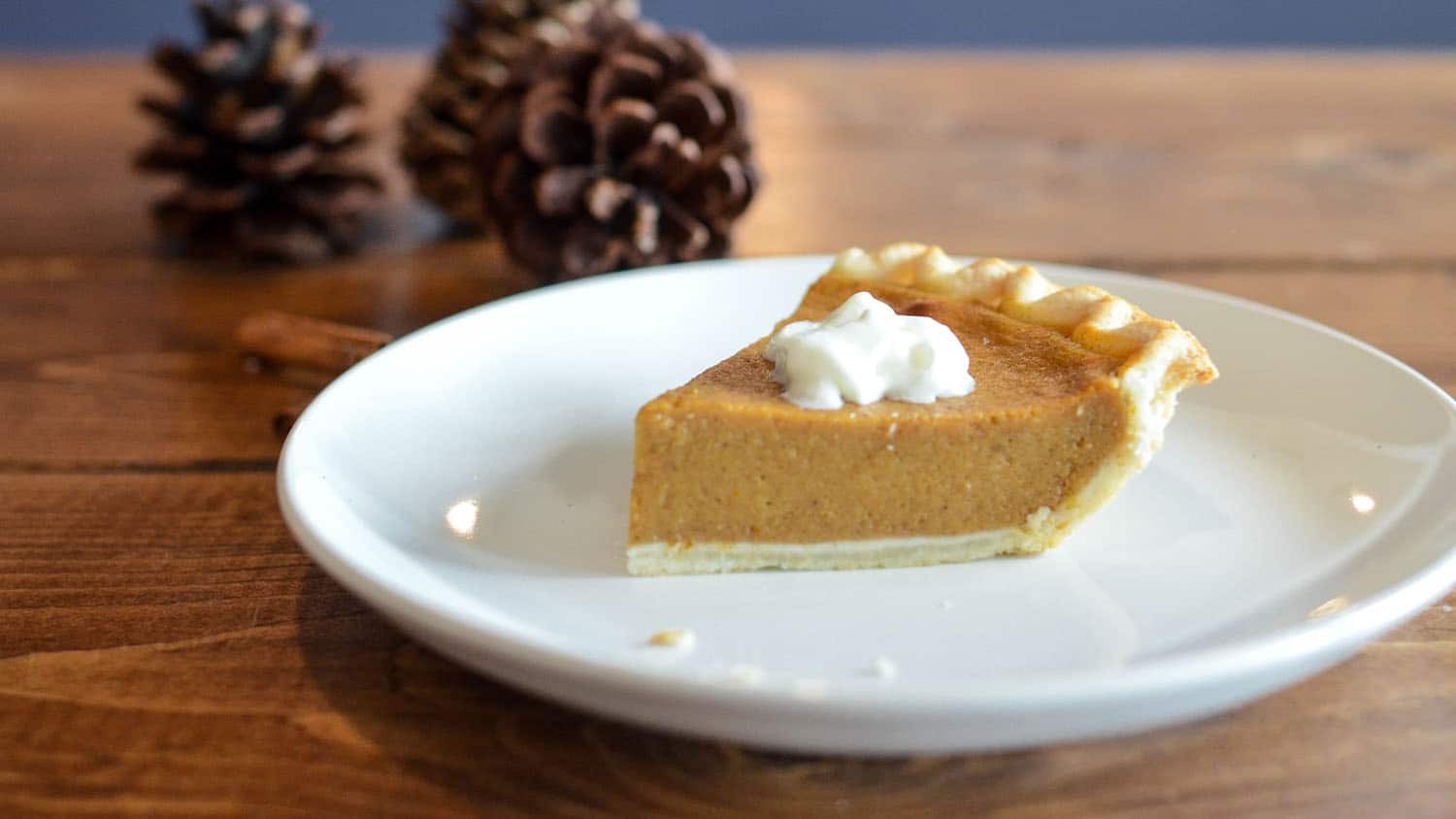Do I Need to Refrigerate Pumpkin Pie? Food Safety Info for Pumpkin Season

October is inarguably pumpkin season, which raises questions about food safety for everything from pumpkin pie to pumpkin seeds.
To learn more about food safety and pumpkin products, we reached out to NC State food safety expert Ellen Shumaker. Here are her top tips.
Storing Pumpkin Pie
You should refrigerate homemade pies that contain fillings with eggs, such as pumpkin, custard or cream pies. That’s because they pose a higher risk of microbial contamination due to their higher moisture and protein content.
Most pumpkin pies that are commercially produced, like those you would buy at the store, are shelf stable because they have been cooked at a higher temperature. They also typically contain preservatives and producers have carefully controlled the acidity of the pie to reduce risk of bacterial growth.
The sugar and acidity in many fruit pies, like apple, work together to slow the growth of bacteria, so they can be stored at room temperature.
Pumpkin Jam/Pumpkin Puree/Pumpkin Butter
There are no recipes available for pumpkin jam or pureed pumpkin that have been tested to ensure that they are safe. We don’t recommend home canning these foods because there is not sufficient data to establish safe processing times that let us know whether the food adequately heated throughout the entire jar. The National Center for Home Food Preservation recommends keeping unopened jars of pumpkin jam, pureed pumpkin and pumpkin butter in the fridge for up to three weeks (or, if unopened, in the freezer indefinitely). Once a jar is open, you’ll need to keep it refrigerated and use it within a few days.
Pumpkin Seeds
Pumpkin seeds are a great option for snacks. Drying them is important if planning to store them because moist pumpkin seeds are more likely to rot.
To dry seeds, you first need to wash them to remove any of the stringy pumpkin flesh. The seeds can then be dried using an electric dehydrator or in the oven. If using the oven, make sure to stir them frequently to avoid burning them. Once the seeds are completely dry, place them in a jar or bag and store them in a cool, dry place.


